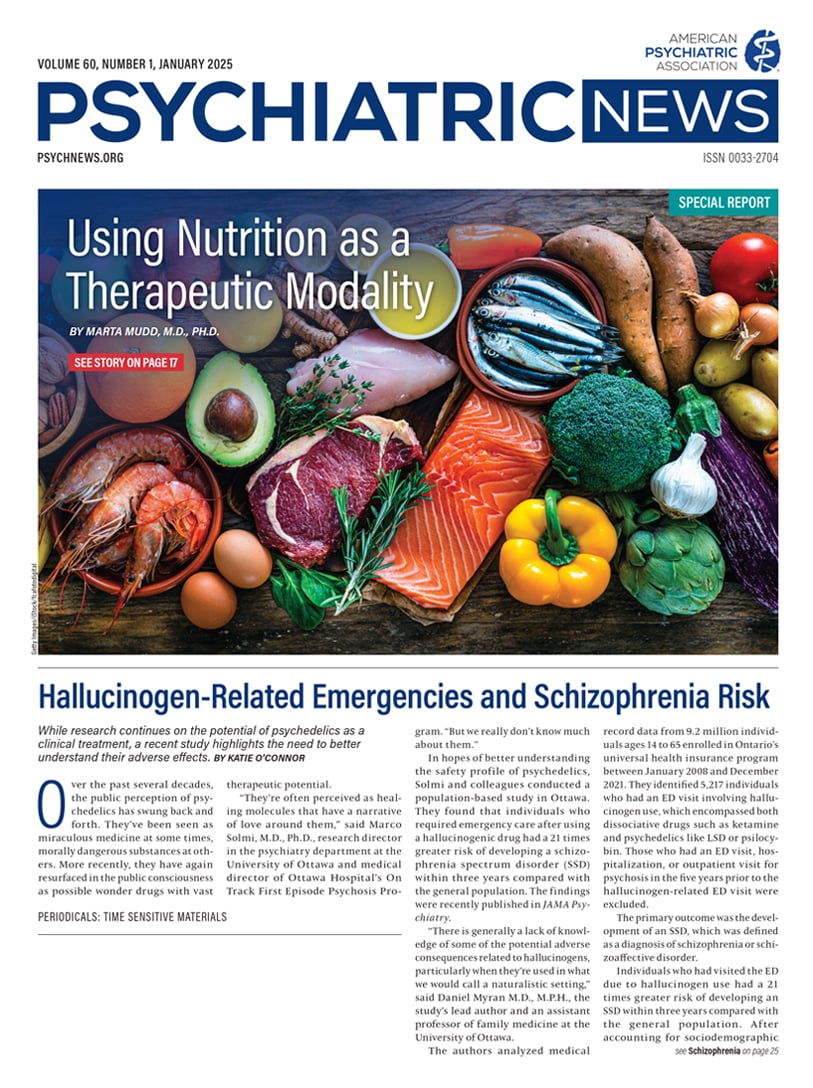Just about a decade ago, the best AI systems in the world were very primitive. They could not classify a good apple from a rotten one, recommend the best 1970s horror films based on your preferences, or translate between thousands of languages and dialects. Today’s AI systems and tools routinely outperform humans in such tasks and many more. Whether we recognize it or not, AI has forced its way into our daily lives and is being widely used by the general public.
AI is also impacting the field of clinical psychiatry in profound ways. Research has shown how machine learning algorithms can analyze large datasets from electronic health records, brain imaging, and even social media to identify patterns that help in diagnosing mental health conditions and predicting their progression. Psychiatrists are using multiple AI-powered apps and chatbots to provide continuous monitoring and support for patients, providing interventions like cognitive behavioral therapy and tracking symptoms in real time. AI tools are also increasingly being used to train new therapists by simulating patient interactions, providing feedback, and supporting experienced therapists by offering evidence-based recommendations and reducing administrative tasks.
But current AI technology still has significant problems. At their core, AI tools are rigid and cannot consistently adapt to accommodate new knowledge, perform complex reasoning, or provide human-interpretable explanations. There are also important ethical considerations, such as maintaining the patient-provider therapeutic relationship, ensuring data privacy, and avoiding biases in AI algorithms. The latter have led to increased calls for government oversight and scrutiny to develop guardrails and manage potential downsides such as misinformation, intellectual property rights, and privacy concerns.
Understanding the pace at which AI technology and policies are being developed and their rapid adoption in clinical psychiatry, this new section of Psychiatric News will serve as a forum for clinicians, patients, caregivers, policymakers, business leaders, and the general public to learn about the latest research, development, and applications of AI in mental and behavioral health. We will solicit articles from the community to share latest advancements in the field, perspectives, and “on the job” experiences with using AI technologies for psychiatry, mental health care, research, and education. This section will also provide a forum for trainees—the future leaders in psychiatry—to voice their opinions on how AI technology is already impacting graduate medical education and postgraduate training.
AI in psychiatry—and broadly in clinical medicine—is here and there. While these technologies are helping to improve diagnosis, facilitate clinical decision-making, and even deliver treatment, they demand that both patients and clinicians establish a new therapeutic relationship. Likewise, policy making and new regulations are desperately needed as AI technology continues to evolve rapidly, while behavioral health trainees and educators must devise new ways of incorporating AI into clinical training.
Informed by research and clinical experience from the Psychiatric News community, this section is dedicated to facilitating such shared learning and constructive dialogue. ■

